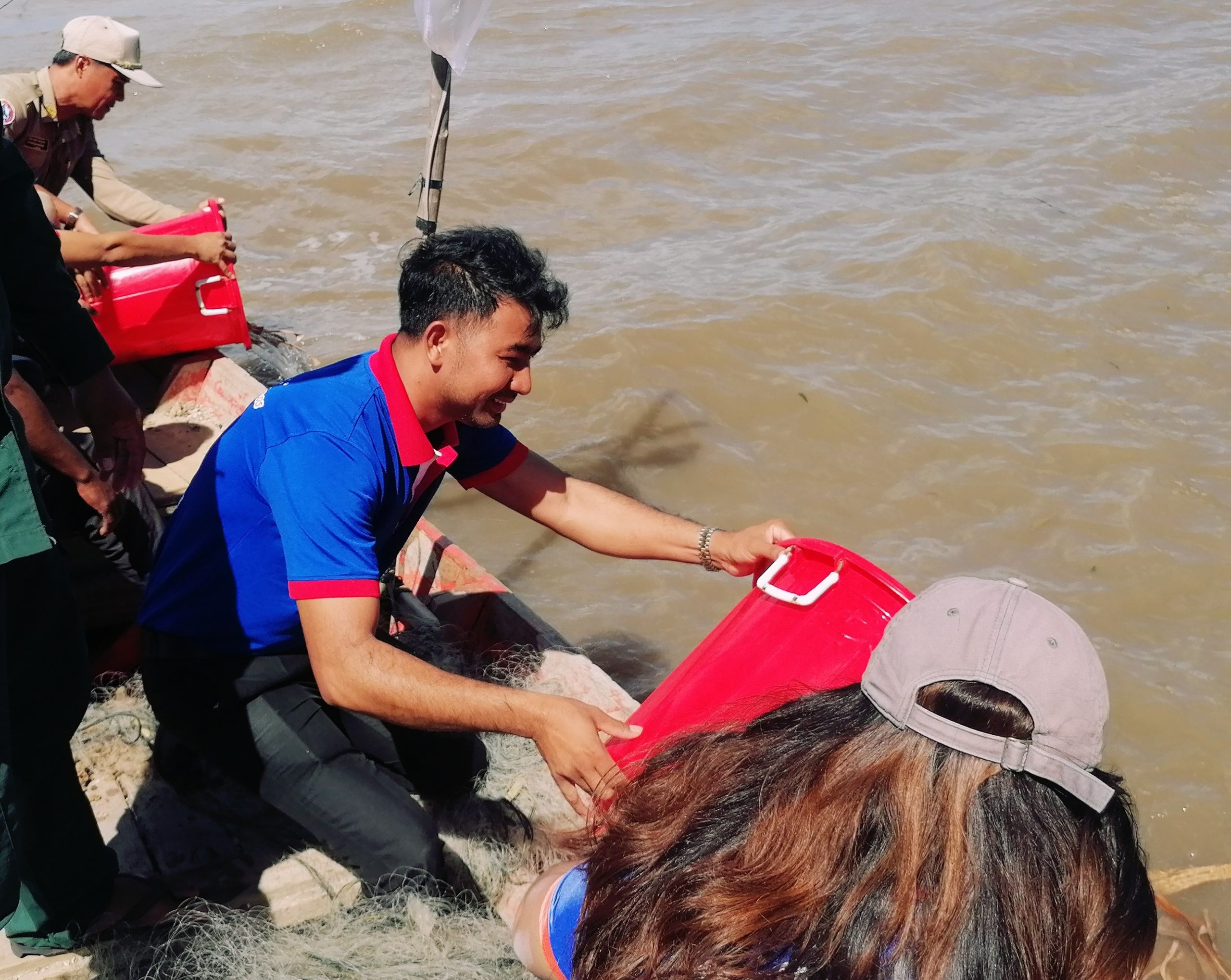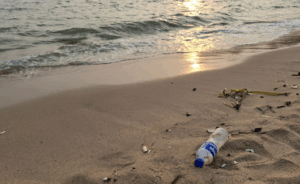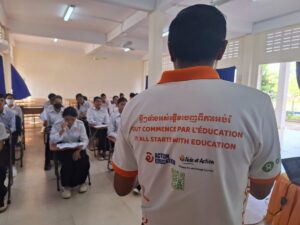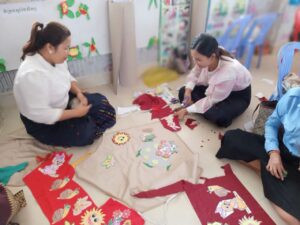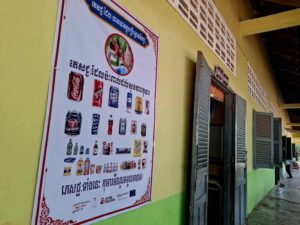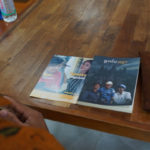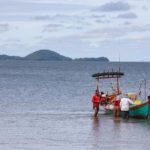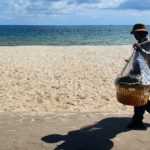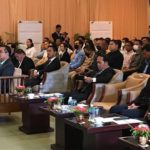Aide et Action (Action Education) team regularly visits the protected zone of Angkoal in Kep, Cambodia, to meet fishermen and community members. This morning, AEA field workers distributed T-shirts with a crab saying “Please, release me, I have a million babies!” in the Khmer language, making the joy of fishery-dependent community members in the coastal area. Their mission? To raise awareness of the negative effects of fishing, selling, and eating pregnant crabs. They did more than spread the word; they rescued pregnant crabs and released them into the ocean as well.
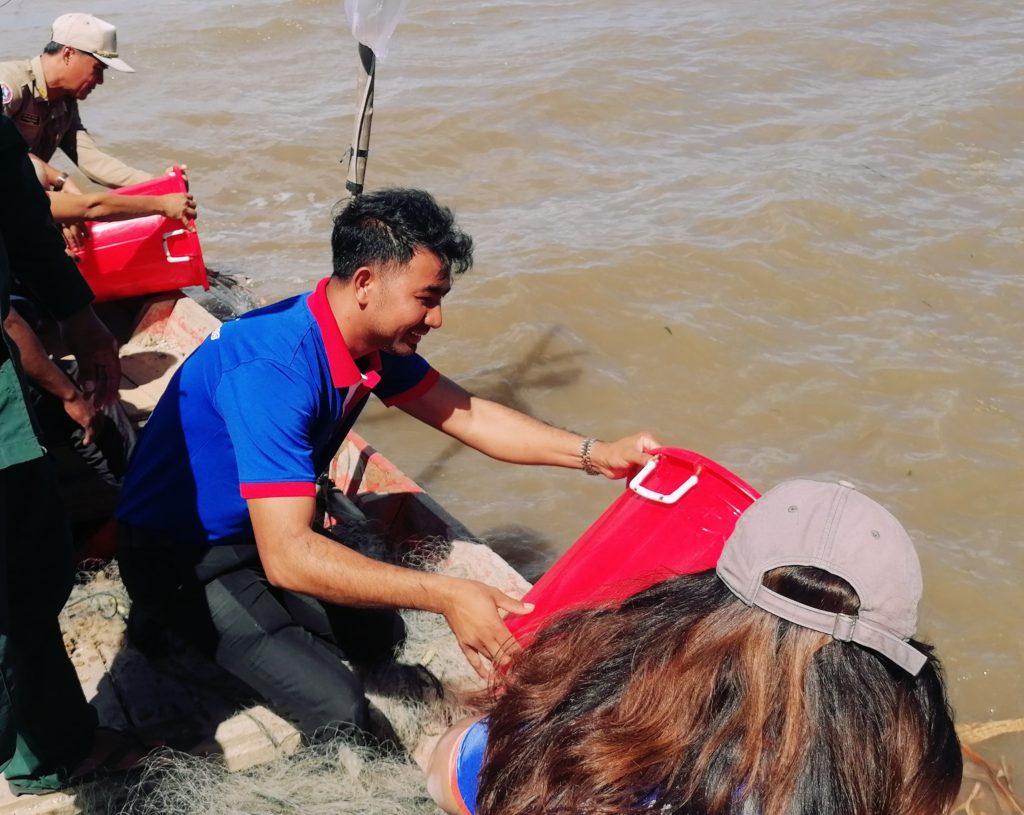
This activity is part of CO-SAVED, an EU-funded project that aims to sustain the coastal area’s productivity and biodiversity. In the coastal areas of Kampot, Kep, Koh Kong, and Preah Sihanouk, fishery-dependent community members are vulnerable to declining fish stocks, which puts them at risk of food insecurity and threatens their livelihoods. As fisherfolk are particularly vulnerable to climate shocks and market uncertainties, it is important to build resilience.
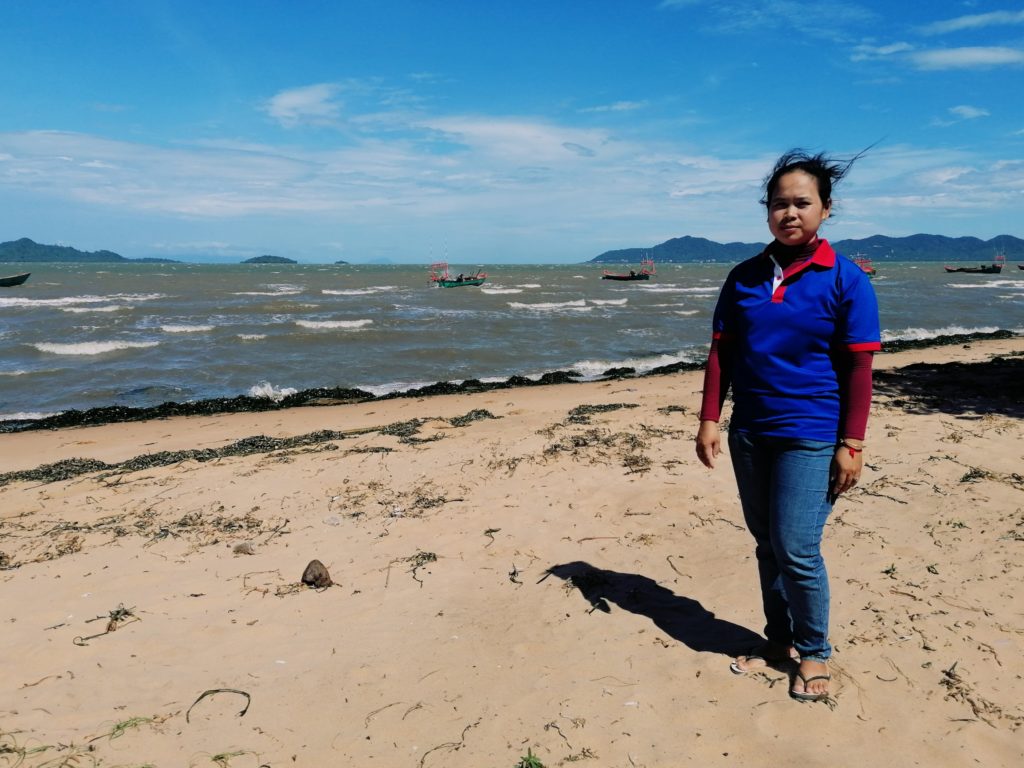
Khun Cheang, a young mother of a 6-year-old daughter, is part of the community living around the picturesque beach of Angkoal where she was born. Sitting next to a boat with her feet in the sand and under coconut trees, she explained that her husband regularly went fishing. However, with time, she said, it became more and more difficult to catch crabs. She clearly understood the importance of awareness-raising campaigns: “Me, I already knew it was not good to eat pregnant crabs. I always release them but not everyone knows. If people know, they don’t eat them. That’s why we must tell them.”
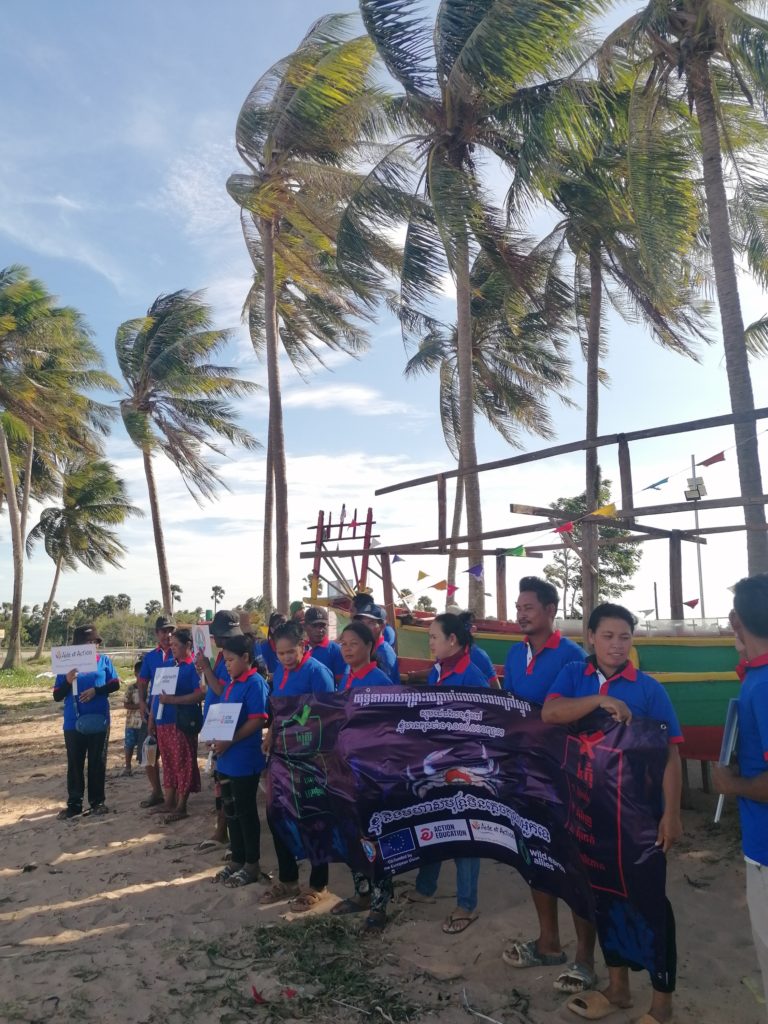
So far, the project in Angkoal’s protected zone has rescued and released more than 400 pregnant crabs. The Sea Crabs School will function as a safe space where pregnant crabs give birth before being released into the conservation area. It will also serve as a site where tourists can learn about biodiversity. A significant part of the project is to support the socio-economic development of the local community, focusing on ecotourism initiatives and the sustainable use of local renewable and non-renewable resources. Cambodia’s fishing-dependent people’s capacity to participate in their own local economic development must be strengthened if they are to fully realize their economic and social rights.
